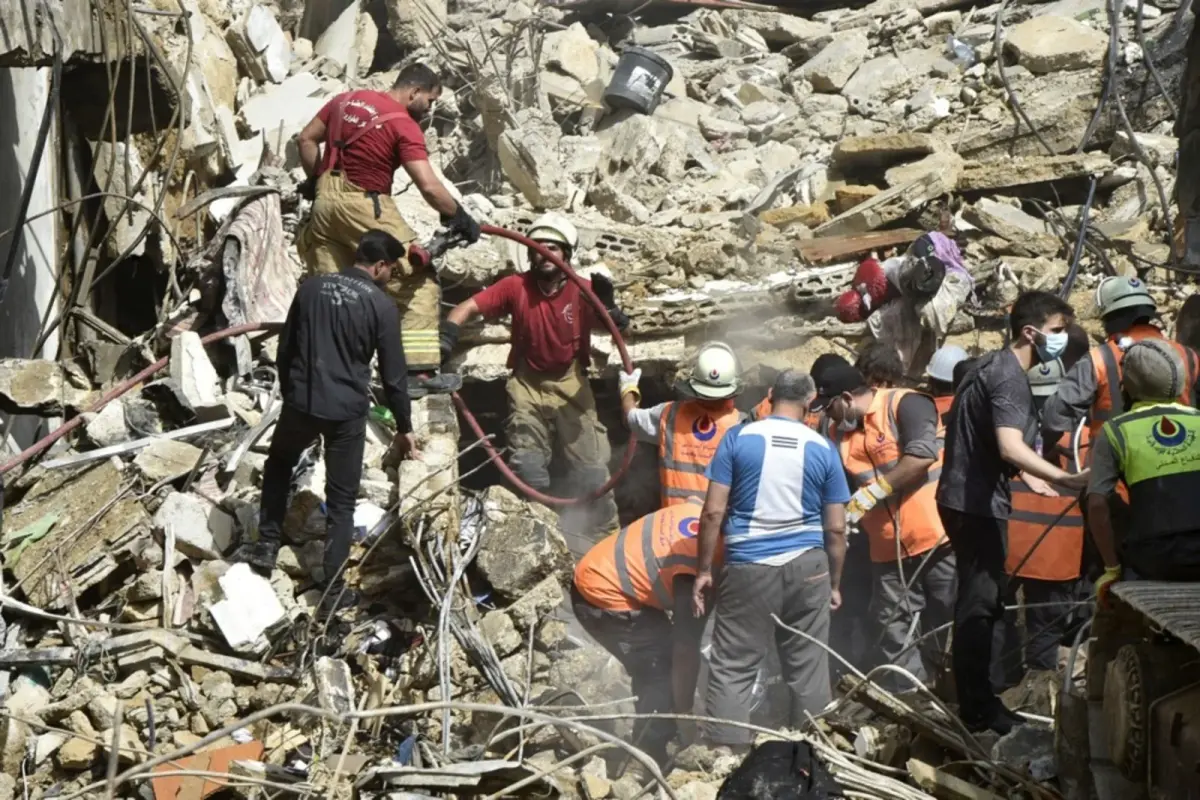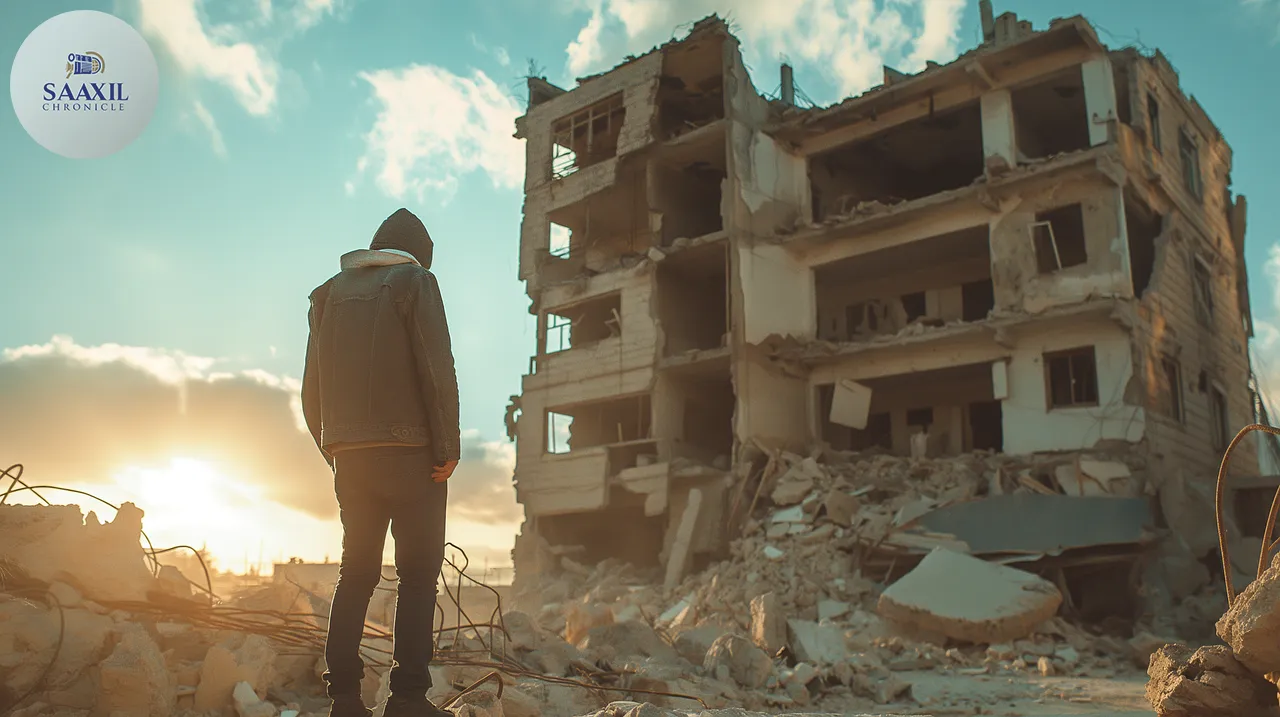In a significant escalation of regional tensions, an Israeli airstrike in Beirut resulted in the deaths of three individuals, according to the Lebanese health ministry. The attack, which occurred in the southern suburbs of Lebanon’s capital, targeted a Hezbollah operative, as stated by the Israeli military. This event underscores the fragile state of affairs in the Middle East and the ongoing conflict between Israel and Hezbollah.
The airstrike took place on the night of March 31, 2025, in the densely populated area of Dahiyeh, a stronghold of Hezbollah in southern Beirut. The Israeli Defence Forces (IDF) confirmed the operation, citing intelligence that indicated the presence of a high-profile Hezbollah operative. The strike reportedly aimed to prevent imminent threats posed by the group, known for its longstanding hostilities with Israel.

Rising Hostilities Between Israel and Hezbollah
The latest airstrike marks a continuation of the hostilities between Israel and Hezbollah, a militant group based in Lebanon. The group, backed by Iran, has frequently been at odds with Israel, with exchanges of fire and covert operations marking their fraught relationship. The recent operation reflects Israel’s ongoing strategy to curb Hezbollah’s growing military capabilities.
Experts note that the airstrike could lead to further escalations. “This action is part of Israel’s broader strategy to maintain its security and deter Hezbollah’s military ambitions,” said Dr. Amir Kahn, a Middle East security analyst. However, such actions also risk provoking retaliatory measures from Hezbollah, potentially destabilising the region further.
Immediate Aftermath and International Reactions
Following the airstrike, Lebanese authorities condemned the attack, labelling it a violation of Lebanese sovereignty. The Lebanese health ministry confirmed the casualties, while local media reported significant damage to infrastructure in the affected area. The incident has drawn international attention, with calls for restraint from several countries.
The United Nations, through its spokesperson, urged both parties to exercise maximum restraint to avoid further civilian casualties. “We call on all sides to adhere to international laws and prioritise the safety of civilians,” said the UN representative. The airstrike has also prompted discussions in the United Nations Security Council, where member states are assessing the implications for regional peace.
Historical Context of the Israel-Hezbollah Conflict
The conflict between Israel and Hezbollah dates back to the early 1980s, following the Israeli invasion of Lebanon. Over the years, the relationship has been marked by significant military engagements, including the 2006 Lebanon War, which resulted in heavy casualties on both sides. Hezbollah’s role in Lebanese politics and its military capabilities, backed by Iran, have been a constant source of tension.
Israel’s intelligence community continues to monitor Hezbollah’s activities closely, citing concerns over the group’s missile arsenal and its influence in Lebanon. “Hezbollah remains a significant threat due to its arsenal and its ties with Iran,” remarked General Yossi Cohen, a former chief of Israel’s intelligence agency, Mossad. The recent airstrike is a testament to Israel’s proactive measures to counter perceived threats.
Potential Implications for Regional Stability
The airstrike raises concerns about the broader implications for Middle Eastern stability. Analysts warn that such military actions could ignite a larger conflict, drawing in regional powers and complicating international diplomatic efforts. The potential for retaliatory strikes by Hezbollah could lead to a cycle of violence that would impact civilian populations and infrastructure.
Furthermore, the incident highlights the delicate balance of power in the region, where multiple actors, including Iran, Israel, and various Lebanese factions, vie for influence. “The Middle East remains a tinderbox, and actions by any party could have far-reaching consequences,” noted Dr. Lila Hassan, a regional affairs expert.
In the wake of the airstrike, diplomatic channels remain open, with international mediators urging both Israel and Hezbollah to pursue dialogue over military action. The situation remains fluid, with all eyes on the next moves from both sides.
As tensions simmer, the global community watches closely, hoping for a resolution that avoids further bloodshed. The airstrike in Beirut serves as a stark reminder of the ongoing volatility in the Middle East and the urgent need for lasting peace solutions.





